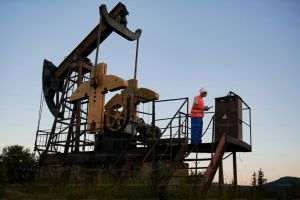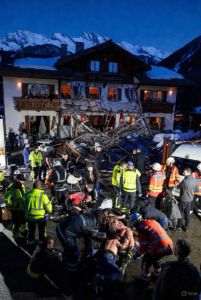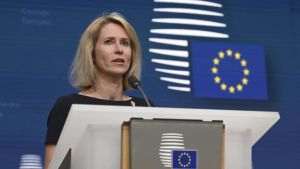The unexpected result of the first round of the presidential elections in Romania captured the attention of the international press and generated a series of critical reactions from the Western press and benevolent ones from the Kremlin-served press, which analyzed in detail the evolution of Călin Georgescu, highlighting the geopolitical and social implications of the presidential election in our country.
The Western press described the election result as a major surprise, using terms such as "political earthquake" and "electoral shock" to reflect the significance of the moment. The British daily The Guardian headlined: "Shock in Romania: Călin Georgescu, far-right critic of NATO, takes the lead in the presidential election". The publication highlighted Georgescu's stance against the Deveselu missile shield, which it called "a diplomatic disgrace," and highlighted his sovereignist discourse critical of NATO and the European Union. The BBC noted "a surprising advance" by a pro-Russian candidate, highlighting his viral campaign on TikTok. The British station noted that Georgescu does not belong to a political party, which underlines his atypical nature, but warned about his controversial rhetoric, including the glorification of the Romanian army during World War II. The television channel France 24 emphasized the role of social media, showing that Georgescu managed to mobilize a young and disaffected electorate through an intense campaign on TikTok. The French publication described his rise as "a wake-up call for European democracies," where anti-establishment candidates are gaining ground.
In contrast, Russian media have analyzed the Romanian election results in terms of a possible shift in the country's geopolitical orientation. Reports have focused on Georgescu's positions on NATO and his statements on relations with Russia. Ria Novosti described Georgescu as a "surprise candidate," noting that he has criticized Romania's participation in NATO and advocated a closer alliance with Moscow. The publication highlighted his campaign on TikTok and his success in traditionally conservative rural counties. TASS, the Kremlin's official news agency, highlighted that Georgescu is an agronomist by profession, with a career in the Foreign Ministry and the UN. The publication has highlighted his nationalist statements and reluctance towards NATO, presenting him as a possible partner in a normalization of relations with Russia. The Russian daily Kommersant took over the analysis of international agencies, showing that Georgescu's victory represents an unexpected change in Romanian politics. The published materials emphasized his sovereignist rhetoric and critical view of Western relations.
Unlike the Russian press, Kremlin officials reacted cautiously to the results of the first round of the presidential elections in our country, avoiding making an open statement about Călin Georgescu. Dmitry Peskov, the Kremlin spokesman, offered a moderate statement, suggesting that Moscow is following the situation with interest.
"We are not familiar with the views of candidate Georgescu in detail. However, we clearly understand the position of the current leadership of Romania, which we consider unfriendly towards Russia," Peskov said. The official pointed out that the Kremlin does not intend to make forecasts for the second round of the presidential elections in Romania. Dmitry Peskov added that while Moscow is observing the results of the first round, "we cannot say that we are very familiar with the candidate's positions on international relations."
The Kremlin's reserved statements and the coverage of events in Romania in the Russian press seem to indicate Moscow's increased interest in the political dynamics in the region. However, the Russian press has avoided openly associating Georgescu's success with a change in geopolitical paradigm, maintaining a cautious distance from the Romanian candidate.
















































